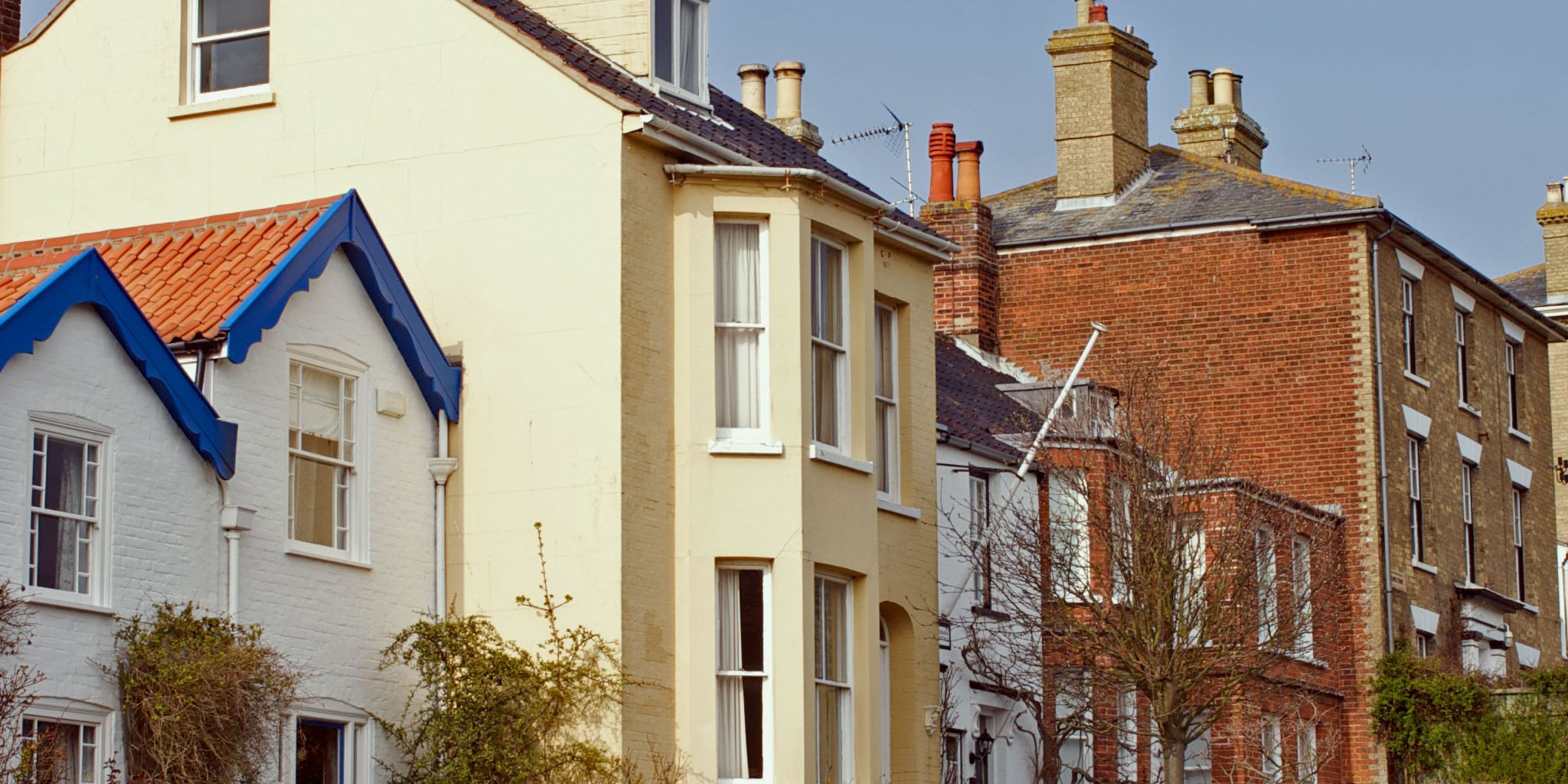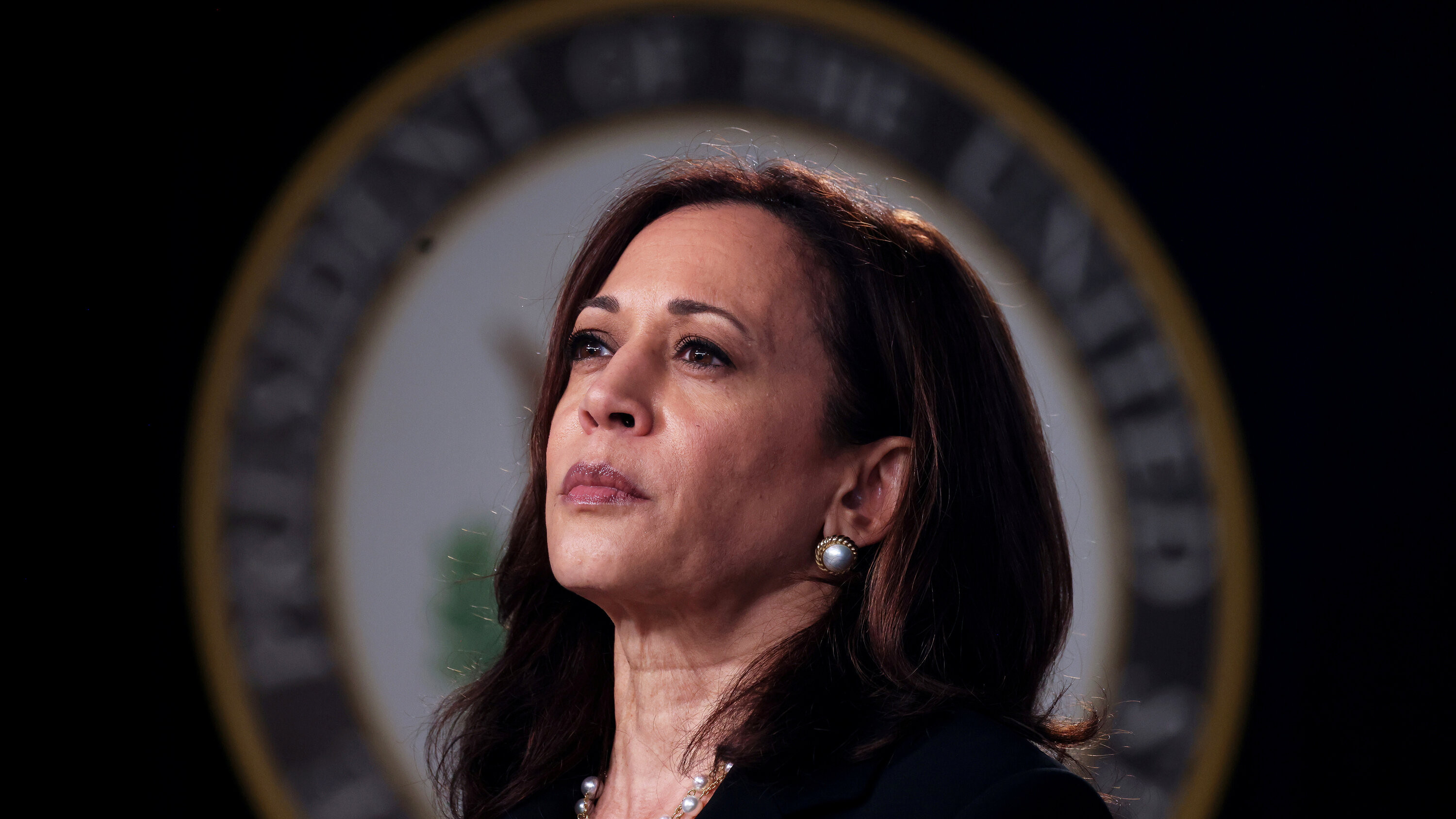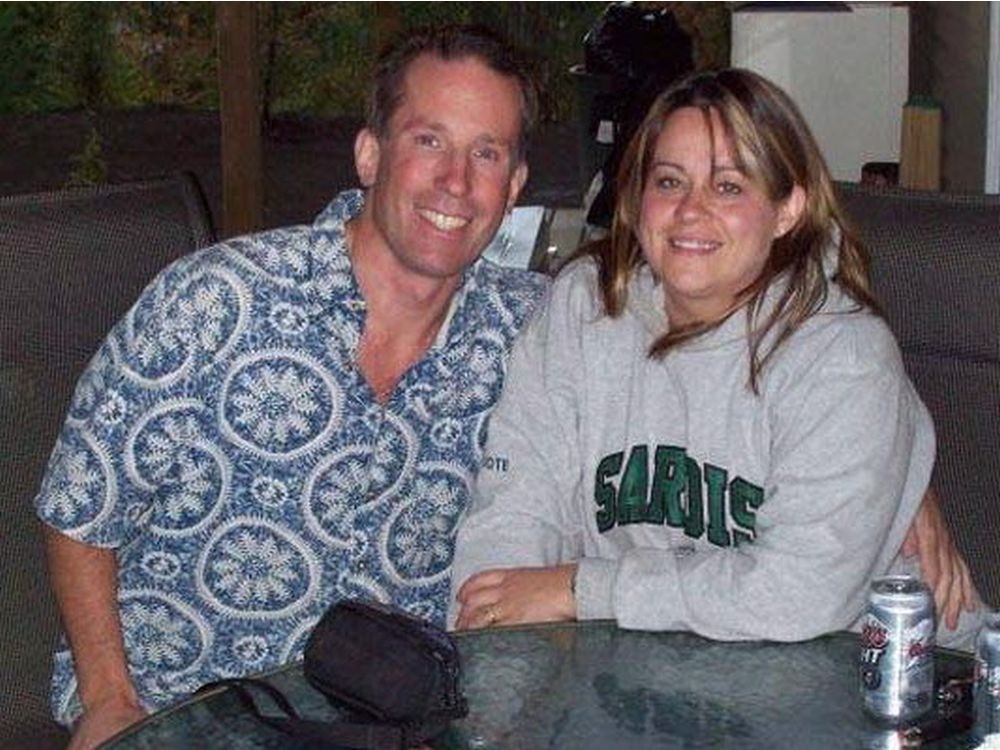There were 135 Pembrokeshire second homes on the market in July, compared to 38 the previous year, latest figures indicate. This dramatic increase has sparked a debate about the impact of the council tax premium on local communities and the tourism industry in Wales.
The Impact on the Tourism Industry
An estate agent, Neil Evans, owner of West Wales Properties, has observed a significant surge in properties entering the market, describing it as the highest rate he has seen in 30 years. He believes this trend is damaging the tourism industry, particularly in popular destinations like St. Davids and Newport.
Emma Downey, owner of Tides Kitchen and Wine Bar in Newport, Pembrokeshire, corroborates this view. She notes a decline in visitor numbers over the summer, coinciding with the increase in properties available for sale. Downey emphasizes the need for a balanced mix of local residents, holidaymakers, and second-home owners for the successful operation of local businesses.
The Local Perspective
Hedd Ladd Lewis, a campaigner for housing market reform, acknowledges the rise in second homes for sale as “encouraging” but raises concerns about local affordability. He points out that the average wage in the area is around £28,000 per year, making it challenging for local residents to compete for properties.
He highlights the situation in Newport, where 30% of properties are second homes or holiday lets, emphasizing the need for a legal framework that guarantees local residents the right to purchase homes in their communities.
The Council's Response
Pembrokeshire council, facing a substantial £31m funding gap, implemented a 12.5pc council tax rise across the board in April, alongside the 200% premium for second homeowners. The council justifies these measures as a response to the “most challenging financial situation” in its history.
Joshua Beynon, a Labour councillor, defends the council's approach, highlighting its role in supporting the local economy and providing homes for local residents. He views the influx of properties on the market as a positive step, potentially offering more affordable options for locals.
However, Rhys Jordan, of estate agency Nested Pembrokeshire, argues that the policy has not made a significant difference in helping locals purchase homes. He criticizes the policy's execution as an “absolute disaster”, pointing out that the council is not generating the predicted income due to the year-long council tax exemption for properties listed for sale.
A Personal Story: A Retired Doctor's Dilemma
Dr. David Robinson, a retired doctor from Llantrisant, Rhondda Cynon Taf, purchased a wooden chalet in Burton, Pembrokeshire, 11 years ago. The 200% council tax increase on second homes has left him questioning the viability of retaining the property, particularly given its unique wooden structure, which could limit its marketability and mortgage eligibility.
While sympathetic to the concerns of locals struggling to enter the property market, Dr. Robinson believes his chalet does not significantly impact the housing stock available to locals, serving primarily as a vacation destination for his family.
The Broader Context
Second homes are a highly sensitive issue in Wales, with concerns about the impact on both the Welsh language and the social fabric of local communities. The Welsh government has taken a more interventionist approach in recent years, empowering councils to increase council tax on second homes and empty properties.
The consequences of these policies are unfolding, and the true measure of their success will depend on whether former second homes become affordable homes for local residents. The debate continues, with concerns about potential unintended consequences for the tourism industry, a vital economic driver in many Welsh coastal areas.
The situation in Pembrokeshire highlights the complexities of balancing the needs of local communities, the tourism industry, and second homeowners in a rapidly changing housing market.

















